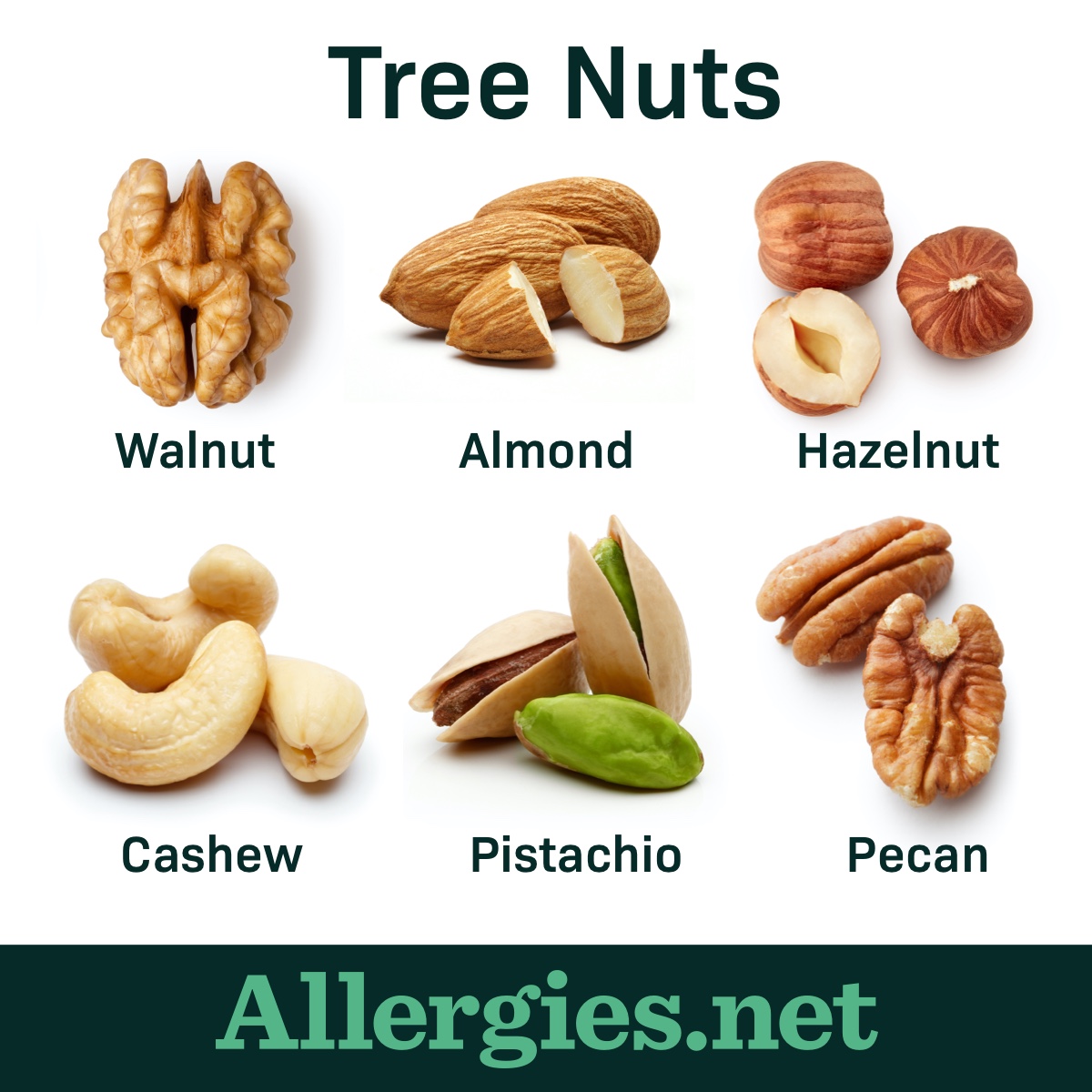Living With Food Allergies
Reviewed by: HU Medical Review Board | Last reviewed: March 2022 | Last updated: April 2022
Living with any chronic condition can be challenging, but it can be especially hard when it affects a basic thing like food. Food allergies do not just affect mealtimes. These allergies often impact a person’s ability to eat out and socialize. Plus, food allergies can be expensive, both in lost work hours, extra food preparation time, and more expensive groceries.
Fear of exposure
It can be hard to completely avoid a food when eating out or at a friend’s house. This means people with food allergies face the risk of potentially dangerous exposure nearly every day. This can lead to anxiety about accidental exposures.1
Every 3 minutes, a food allergy reaction causes someone to go to the emergency room. A food allergy reaction, especially a serious one like anaphylaxis, can be dangerous or even life-threatening.1
This can be especially worrisome for both children – who may not be aware of ingredients or able to read food labels – and their parents. Increased levels of stress and anxiety have been seen in parents of children with food allergies, mainly due to worry over about exposure and possible reactions.2
Preparing for emergencies
If you or a loved one has a food allergy, you will likely need to take several safety precautions. To be prepared for any accidental exposure, people with food allergies often carry an epinephrine auto-injector, commonly called an EpiPen®. This is a prescription medicine. Many people with a food allergy are told to carry 2 EpiPens at all times. This is because reactions reappear in about 1 out of 5 people.3
Parents of children with food allergies also need to prepare for emergencies with their child’s school, coaches, and daycare. Adults with food allergies need to coordinate with their workplace to ensure emergency plans are in place.
Maintaining a good diet
For people with food allergies, especially children and adults with multiple food allergies, making sure your diet is rich in nutrients can be challenging.
For those with milk allergies, it can be hard to get enough protein, calcium, vitamins A, D, and B12, riboflavin, and phosphorus. For those with egg allergies, it can be hard to get enough protein, folacin, and vitamin B12, among other nutrients.4
You may have to work with a dietitian to find recipes and food substitutes that provide enough calories and nutrition.
Socializing with food allergies
Something as simple as going out to dinner with friends or a birthday party can be stressful for people with food allergies. Three out of 4 people with food allergies report that eating out is tough. Parents may not let their child attend sleepovers for fear of allergen exposure.5
With so much anxiety over social events, people with food allergies may limit themselves or feel left out of events. This can lead to depression, isolation, and other emotional issues.5
Cost of food allergies
Buying foods that are allergen-free can be more expensive than buying "regular" food. There is also a cost in having to spend more time shopping and preparing meals. In some cases, a parent or partner may need to miss work to devote time to shopping, meal prep, pharmacy runs, and ER and doctor’s visits. Nearly half of parents report making a career choice in order to better care for their food-allergic child.5
Living with a food allergy can have its challenges. Talk with your doctor about support groups, counseling, and apps that may help you manage your food allergies.
